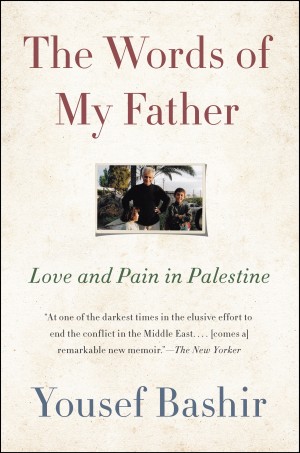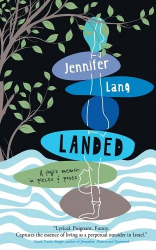What is a refugee? Who decides? What are refugees’ rights? Who determines them?
These and other sharply debated questions underpin this riveting new book by two articulate Israelis with a strong set of viewpoints on the subject. Originally written in Hebrew, The War of Return quickly became a bestseller in Israel when it was published there last year. The English translation is certain to continue to fan the flames of the seemingly implacable fires that continue to rage throughout Middle Eastern society and influence the political landscape worldwide.
In a clearly articulated argument, the book posits that the one most critical issue fueling the conflagration is the Palestinians’ demand for what is called the right of return. This claim is based on the Law of Return in Israel, a practice that gives Jews of all nations the right to Israeli citizenship. Based on this legal concept, the Palestinians have demanded their own right of return to the State of Israel. The authors claim that the problem that has continually stalled the peace process is the insistence of the Palestinians to return to Israel and create a political majority there, living together with Jews but offering them no right of self-determination.
Ari Schwartz, an internationally known journalist, and Einat Wilf, a former Israeli politician and Labor MP, are no strangers to the kind of debate this book is likely to spark. Both are open supporters of the political left and share a deeply held desire for peace through a two-state solution. The authors blame the United Nations for legitimizing what they call the Palestinians’ non-existent right of return, and methodically argue that the only road to peace begins with the invalidation of this ruling. The Palestinian claim to a right of return, they insist, has no basis in international law.
Schwartz and Wilf argue that the Palestinians are not actually refugees, but rather citizens of neighboring states in the Middle East, countries in Europe, and the United States. Most, they say, were born in Jordan and have lived there their entire lives. The UN, however, has given them refugee status, claiming that since they are descended from displaced Palestinians, they deserve to be considered refugees themselves.
With deft chronological organization, Schwartz and Wilf explain how the focus of the refugee camps and culture set up for the displaced Palestinians went from basic needs — such as food, clothing and housing — to one of political estrangement. They also show, through well-sourced documents, that the Palestinians’ claim is different from that of all other refugees elsewhere in the world. Of the countless groups of people who were displaced after World War II, none but the Palestinians are still registered as refugees.
This purposeful book — made complete with a bibliography, detailed notes, and a comprehensive index — is written in a clear, accessible style and aimed at ordinary citizens rather than policy and lawmakers. Its organization makes it easy to follow the authors’ intellectual, moral, and philosophical arguments, which are set out with passion but control.
Linda F. Burghardt is a New York-based journalist and author who has contributed commentary, breaking news, and features to major newspapers across the U.S., in addition to having three non-fiction books published. She writes frequently on Jewish topics and is now serving as Scholar-in-Residence at the Holocaust Memorial & Tolerance Center of Nassau County.





